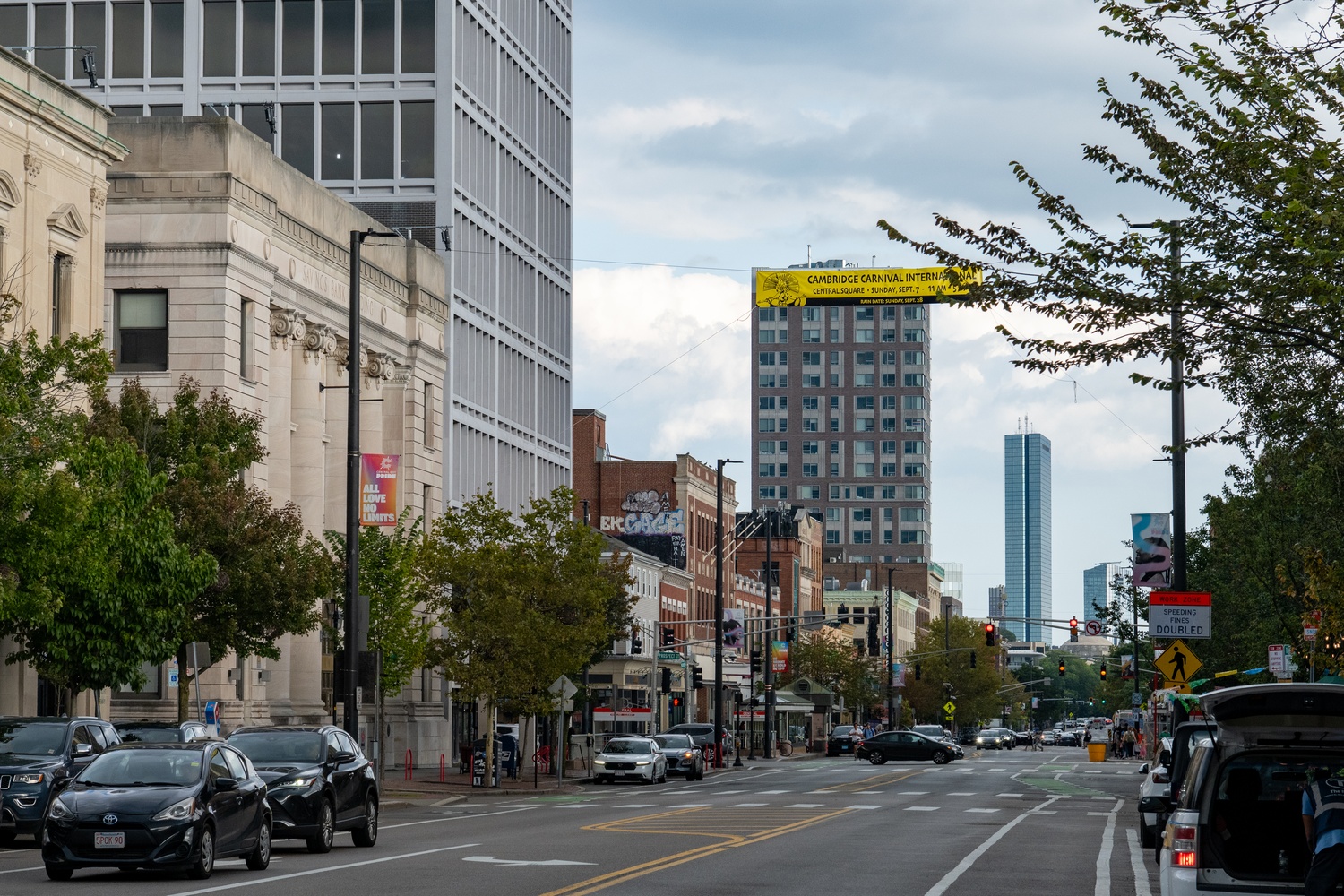
News
Summers Will Not Finish Semester of Teaching as Harvard Investigates Epstein Ties

News
Harvard College Students Report Favoring Divestment from Israel in HUA Survey

News
‘He Should Resign’: Harvard Undergrads Take Hard Line Against Summers Over Epstein Scandal

News
Harvard To Launch New Investigation Into Epstein’s Ties to Summers, Other University Affiliates

News
Harvard Students To Vote on Divestment From Israel in Inaugural HUA Election Survey
Cambridge’s Nonprofit, Nonviolent Police Alternative Raises $150,000 in Donations After Major July Funding Cut

Cambridge’s Holistic Emergency Alternative Response Team — a nonprofit, nonviolent police alternative — almost closed its doors two months ago after its funding dwindled. But more than $150,000 in private donations and grants have kept the group afloat as it searches for long-term stability.
HEART has struggled since its founding in 2021 to find footing as a genuine alternative to local police in Cambridge.
A low volume of calls and competition from city-run services has caused HEART’s growth to stagnate. The group announced in July that its funds were “nearing the bottom” after the loss of a major donor — forcing half of its full-time responders out of their jobs as the group tried to garner local support.
HEART has since received more than $170,000 in donations and grants from other organizations, co-director Corinne Espinoza wrote in a Thursday statement. The now-downsized team of responders has continued to operate a call line two days a week while searching for more permanent funding.
HEART also received $150,000 from the city’s Community Safety Department last year, which allowed the team to launch the call line despite stalled negotiations with the city and the closure of their meeting space.
Espinoza wrote in an email that the team hopes to establish “diversified funding sources,” including private donations, grants, contracts with private businesses and hospitals, and funding from the city. The Cambridge Police Department also launched a co-response team in 2024, which has pairs an officer with a mental health clinician when responding to some 911 calls.
Three years after HEART’s launch, Espinoza wrote that the team faces a “reflection point.” HEART originally planned to launch a mobile response, allowing residents to call their hotline and receive emergency support instead of calling the police — a vision that has yet to come to fruition.
Meanwhile, Cambridge’s Community Assistance Response and Engagement team — the city’s own alternative response program, housed under the Community Safety Department — began dispatching social workers to certain emergency calls in July 2024.
Though CARE and the police’s co-response team have often found themselves at odds, both bring Cambridge’s financial muscle to compete with the smaller, nonprofit HEART.
HEART plans to gather resident feedback in the coming weeks to evaluate Cambridge’ unmet needs, Espinoza said.
“That reflection and the guidance from the community may impact operational details. Cambridge HEART was designed by and for the community,” they wrote.
—Staff writer Matan H. Josephy can be reached at matan.josephy@thecrimson.com. Follow him on X @matanjosephy.
—Staff writer Laurel M. Shugart can be reached at laurel.shugart@thecrimson.com. Follow them on X @laurelmshugart.
Want to keep up with breaking news? Subscribe to our email newsletter.
